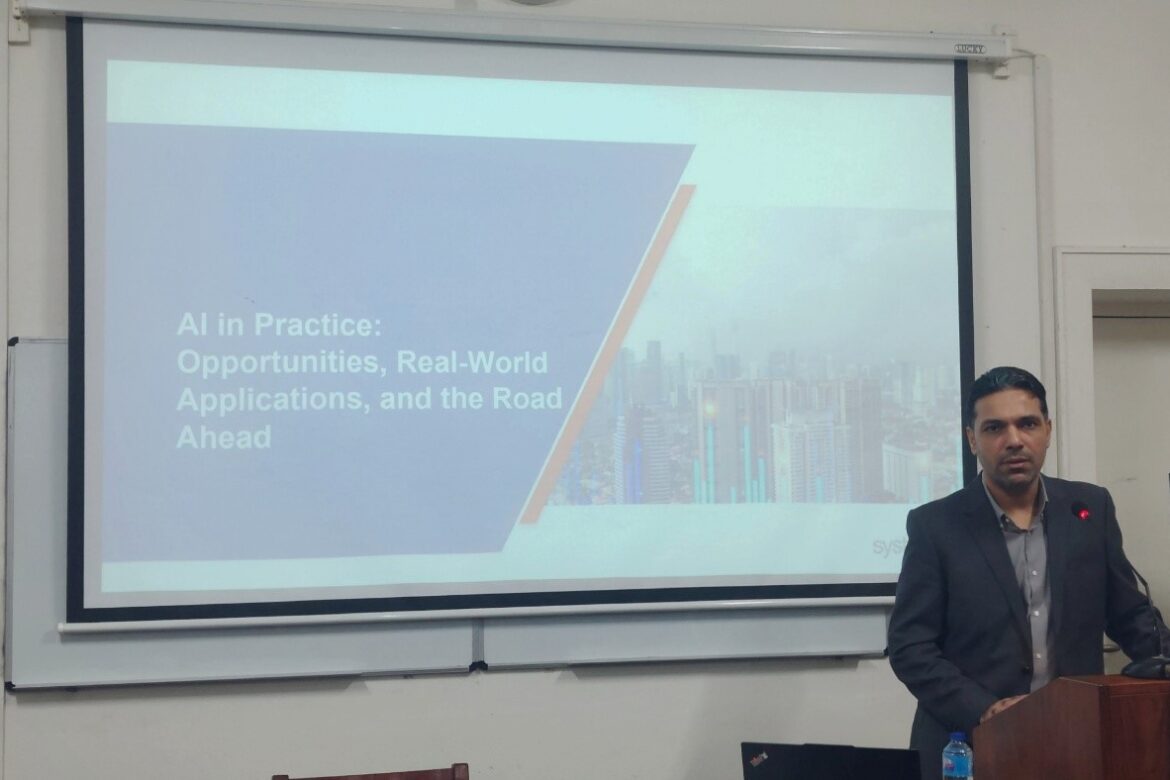By Khurram Husain
Published in DAWN on June 17, 2021
IN a couple of television appearances, Finance Minister Shaukat Tarin quietly dropped a bombshell of an announcement and hurriedly moved. He said the IMF has postponed the ongoing sixth review of the facility Pakistan just restarted in April and decided to let the government first demonstrate the viability of its budgetary projections and assumptions before returning to the review “in two or three months”.
Here’s why this is a bombshell. The budget he has just announced has a deficit of almost Rs4 trillion, and more than a quarter, Rs1.056tr, of the net financing for this is supposed to come from floating international bonds and the IMF. Without satisfying the IMF and successfully concluding the sixth review it is highly unlikely that they will be able to realise these funds, as well as the many others that are subject to successful implementation of the Fund programme, such as disbursements from the World Bank and the Asian Development Bank. And without these funds the budget — with all its tax cuts, subsidies and elevated development spending — could well be in jeopardy.
Without IMF support they cannot pull off what they are trying to do in this budget, which is to use government resources to push economic growth. From the Fund they have programmed Rs496 billion as budgetary support (the Fund usually does not lend for budgetary support, but they are confident they will get the permission to use Fund resources for this purpose). But for now they have failed to satisfy the Fund that they have a credible plan to raise the resources domestically through revenues. On top of that, the budget is built on an assumption that remittances next year will be $31.3bn (the figure has been shared with me by the finance minister himself).
They are trying to sell a story but their creditors are not buying it. All we have to work with at the moment is the short remark put out by the finance minister, that the Fund has said they will return for the review in “two or three months” and in the meantime they have asked the government to go ahead and walk the path they have chalked out for themselves and demonstrate the viability of its underlying financing plan. Now they have a few months in which to show that their measures for curbing the growth of the circular debt without raising tariffs, and their plan to increase revenues while cutting taxes, can actually produce real, tangible results that can be measured in rupees.
The path they are planning to walk next fiscal year is a very risky one, but they are determined because they feel external support will come.
But something is amiss. This budget faces massive risks such as inflation and a resurgence of the trade deficit, but the government is confident. All through FY21 inflation has been steadily rising, but with oil prices nearing two-year highs, the circular debt marching on, prices of miscellaneous goods such as palm oil, coal and various industrial raw materials also increasing, and an impending massive increase in the petroleum development levy (up to Rs30 per litre where it currently stands at less than Rs3), could all provide significant impetus to inflation precisely as growth gets going. For many months now, interest rates have already been negative in real terms and the State Bank has been sending muted signals that this situation may well need to be reversed at some point. A pick-up in inflation could push their hand.
Despite the mounting risks the government is determined to power on with its growth-oriented budget because that is the only way for them to win back the street. And the finance minister is supremely confident that he will win over the creditors soon, led by the IMF.
To understand this, consider developments on two other fronts. First is renewed talk of a new oil facility from Saudi Arabia details of which are still awaited. Second consider the article that appeared in the Financial Times on the day of the Economic Survey last week, headlined ‘Pakistan leverages US military cooperation to win IMF concessions’ in which Tarin himself was quoted as saying his government does not want to burden the people of Pakistan any further and “we have been talking to the American officials and they’re willing to help”.
During his press conference unveiling the Survey, he was asked about this and he angrily denied that he said any such thing and promised that a clarification will be issued later in the day. But it has been seven days since then and no clarification has come, and issuing one now will have no impact anyway. It gives the impression that the denial was meant for domestic consumption, while the minister winked at his foreign creditors as if to say ‘don’t worry about the IMF’.
The path they are planning to walk next fiscal year is a very risky one, but they are determined and confident because they feel external support will come. They probably have good reasons to feel this way, because the Americans are desperate to make their exit from Afghanistan without that country falling to the Afghan Taliban too quickly. Pakistan holds the key to this like it always has, but first wants to know ‘what do we get out of this?’
If our own past is any guide, they will get their way. The Fund will return, the oil and dollars will flow, and whatever inflationary consequences there are to gunning growth in one year will be offset by the massive public spending that will be unleashed. But our own past also tells us that such gambits end in tears. Long after the oil and the money have been burnt to fuel the engines of the economy, the burden of the responsibilities they would have signed off on will remain, and weigh heavier and heavier. If the government is seeking to shore up its electoral prospects by taking on the responsibility to prevent Afghanistan’s descent into chaos, they should know this is a devil’s bargain. And the devil always comes for his due.






